Clean Energy Financing
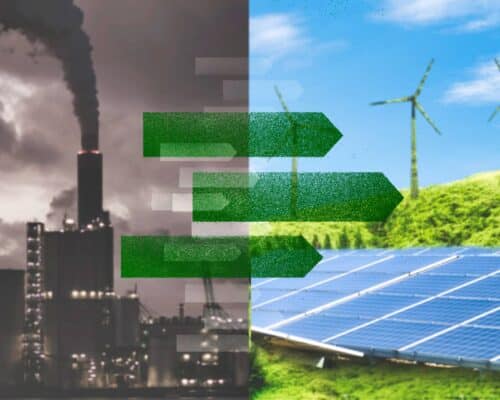
Solar Energy vs Fossil Fuels: A Climate and Financial Case
Solar energy has emerged as a cost-competitive and scalable alternative to fossil fuels. As governments strive to meet international climate targets, solar’s low emissions and rapid deployment make it a key catalyst for the global energy transition. Solar stands poised to redefine how the world powers its future by offering economic, health and environmental benefits.
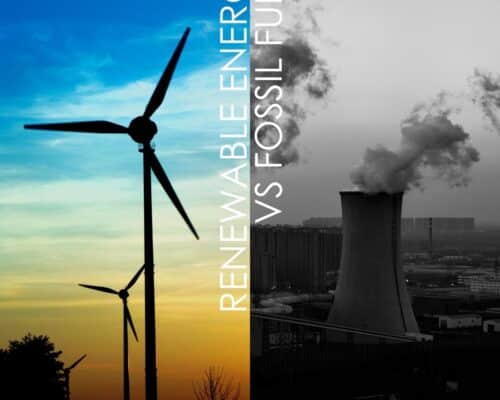
Renewable Energy vs Fossil Fuels: A Financial Perspective
Renewable energy has surpassed fossil fuels in most metrics, and as technology improves, it will surpass fossil fuels' remaining benefits. This is a pivotal time for businesses and governments to transition to fossil fuels for environmental, social and financial reasons.
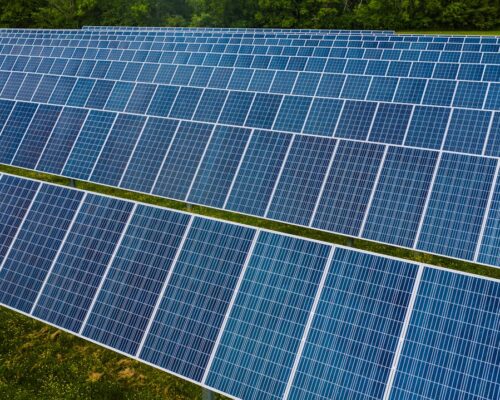
Clean Energy Investment in 2024 Twice Amount for Fossil Fuels: IEA
The IEA’s World Energy Investment 2024 reveals that while clean energy spending is at record levels, the investments still fall short of what is required for a 1.5°C-aligned world. The agency also highlights stark market contrasts and calls for more ambitious policy measures to bridge the financing gap.
The Renewable Energy Policy in Vietnam Risks Deterring Investors
Maintaining a healthy ongoing dialogue with clean energy investors and project developers is critical if Vietnam is to get back on track and continue stunning the world with its renewable energy progress.

3 Top Carbon Capture Stocks in 2024
Publicly traded carbon capture companies range from startups to established fossil fuel majors. The industry is still fairly young, but market predictions show that carbon capture technology will grow significantly over the next several decades. For investors, this provides the opportunity to support the energy transition while investing in a possibly lucrative industry.

Southeast Asia Economy: Waiting for Green Investments
A new report by Bain & Company, GenZero, Standard Chartered and Temasek emphasises the necessity of significant investments to bolster the green energy shift in Southeast Asia. It highlights the inadequate current actions towards this transition and notes the challenge of meeting decarbonisation objectives amid rising energy needs in the region.
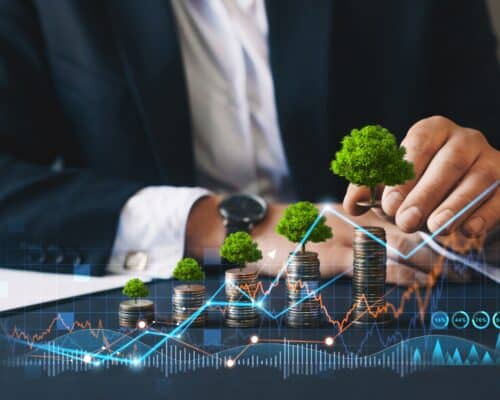
Energy Economics Show Renewable Energy Generation Is Less Capex Intensive Than Fossil Fuels
Renewable energy for the power sector keeps getting cheaper to build and operate. However, much of the Asia-Pacific region is still building out natural gas infrastructure. The region needs to pivot if it wants to reach its net-zero goals.
COP28 Financing Highlights: Will Asia Receive Much-needed Support?
COP28 became the stage of ambitious financial pledges from governments, the private sector, MDBs and philanthropic organisations. However, experts warn that the promised financing still falls short of the actual needs and that its distribution might be too slow and ineffective.
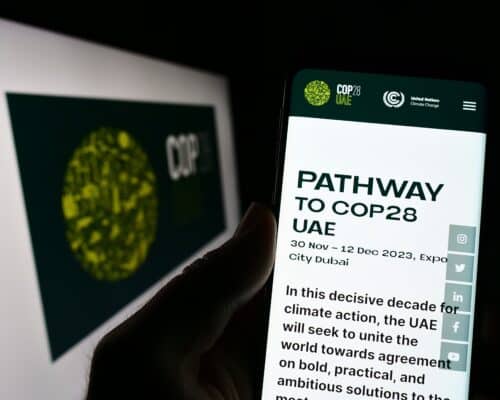
COP28 Climate Finance Day Nets USD 12.5 Billion in Pledges
Day five of the COP28 summit in Dubai started shaky, as reports broke over summit president Sultan Al Jaber’s earlier anti-fossil fuel phaseout comments. However, by the end of the day, significant progress had been made regarding climate change funding, setting the pace with at least 40 different financial pledges.
Renewable Energy Investing Needs in 2023
The clean energy transition needs private capital that works in concert with favourable policies, regulations, decarbonisation goals and green capital market development.
Solar Energy Investment is Expected to Overtake Oil Production For the First Time
While investments in fossil fuels are slowing down, the IEA's World Energy Investment Report 2023 says they remain way above the levels needed to reach net-zero by 2050.

Vietnam Has Approved the PDP8: What Comes Next?
The approval of the PDP8 is finally here. While not without its potential flaws, the plan allows Vietnam to start leaping towards its net-zero by 2050 target – a moment that energy investors have long been waiting for.
Wind Energy in Vietnam – Opportunities and Potential
Vietnam has already established itself as one of the world's most notable clean energy success stories. However, to retain that crown, the country needs to incentivise foreign financiers.

Energy Transition Technologies: Deficiencies of the Japan-led Guidelines
Recent guidelines on transition technologies for Asia, influenced by Japanese energy policies, promote CCUS and ammonia co-firing in the power sector. As a result, they risk derailing the decarbonisation efforts of SEA countries and the financing institutions investing in transition technologies.
Most Popular
Categories
-
9
-
33
-
126
-
4
-
17
-
43
-
52
-
11
-
10
-
15
-
24
-
6
-
6
-
248
-
195
-
13
-
23
-
1
-
1
-
23
-
38
-
42
-
84
-
18
-
81
-
41
-
17
-
10
-
40
-
43
-
86
-
284
-
21
-
39
-
35
-
10
-
41
-
36

